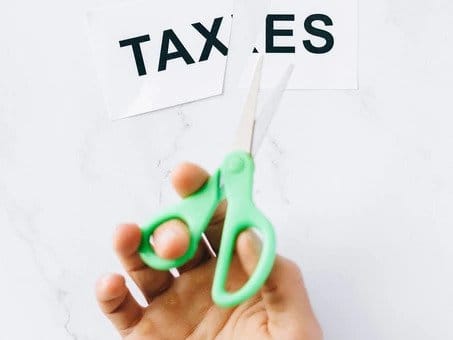Appraisal Districts May Inflate Your Market Value
- There are generally three different methods an appraisal district will use to assess the market value of your property.
- For income producing properties, the most common is the income method.
- The appraisal districts will likely artificially inflate the value of your property by not fully recognizing your lost income. Its important to be prepared to fight back.
We are getting close to the protest deadline for property taxes here in Texas, with just a couple of weeks until the deadline to file the protest. This year, because May 15 is on a Saturday, the deadline to file a protest is May 17.
There is nothing more frustrating than getting that assessed value in the mail and seeing it went up 25, 50, 75%. Nothing can kill an investment as quickly as an out of control appraisal district can. As a result, we are going to continue to talk about different aspects of the appraisal process. Specifically, this week I am writing about how the heck the appraisal district even came up with that number. And how you can be prepared to fight back.
Methods for Assessing Property Values
I’ve talked about this before in this blog, but in Texas there are two main ways in which we protest the assessed value of a property –
- Market Value
- Equal and Uniform
We talked about equal and uniform in this blog two weeks ago. Today then, we are going to focus on the market value here.
Market value means the price at which a property would transfer in an open, arm’s length transaction. This is usually determined through three different methods:
- Sales method – comparing the property to recent sales in the market;
- Income method – for income producing properties, multiplying the net operating income by a cap rate to reach the market value; and
- Cost method – calculating the cost of construction to determine market value.
As stated, for income producing properties, the income method makes the most sense. But what about this year? The pandemic drastically reduced income for many property owners. How will the appraisal districts calculate your assessed value?
Getting the Full Effect of the COVID Devastation
That question – how will the appraisal districts address COVID – has been on the mind of a lot of Texas property owners this year. We have not seen the appraisal district analysis yet so its hard to give a definitive answer to the question. But, based on dealing with appraisal districts in the past, I can make a good guess.
I suspect that the appraisal districts will not fully appreciate the dramatic decrease in the value of income producing properties. To artificially prop up the value, instead of using actual income numbers, they will likely boost the income to some fictional average market level. They will then divide that number by the cap rate to get an artificially inflated market value. From that number, they may give you a nominal reduction based on the lost income. Using this method, the appraisal districts will keep your market value artificially inflated.
Its very important to be able to combat this with a more accurate method. We think that the reduction for lost income should be recognized in the NOI calculation – thus getting the benefit of the cap rate multiplier. This will provide a more accurate picture of the devastation that COVID has wrecked on income producing properties.
Its important, therefore, to have a clear plan when you go in to protest your assessed values. Please give us a call at 512-614-0335 to discuss your protest so we know you are fully prepared.
Appraisal Districts May Inflate Your Market Value Read More »



